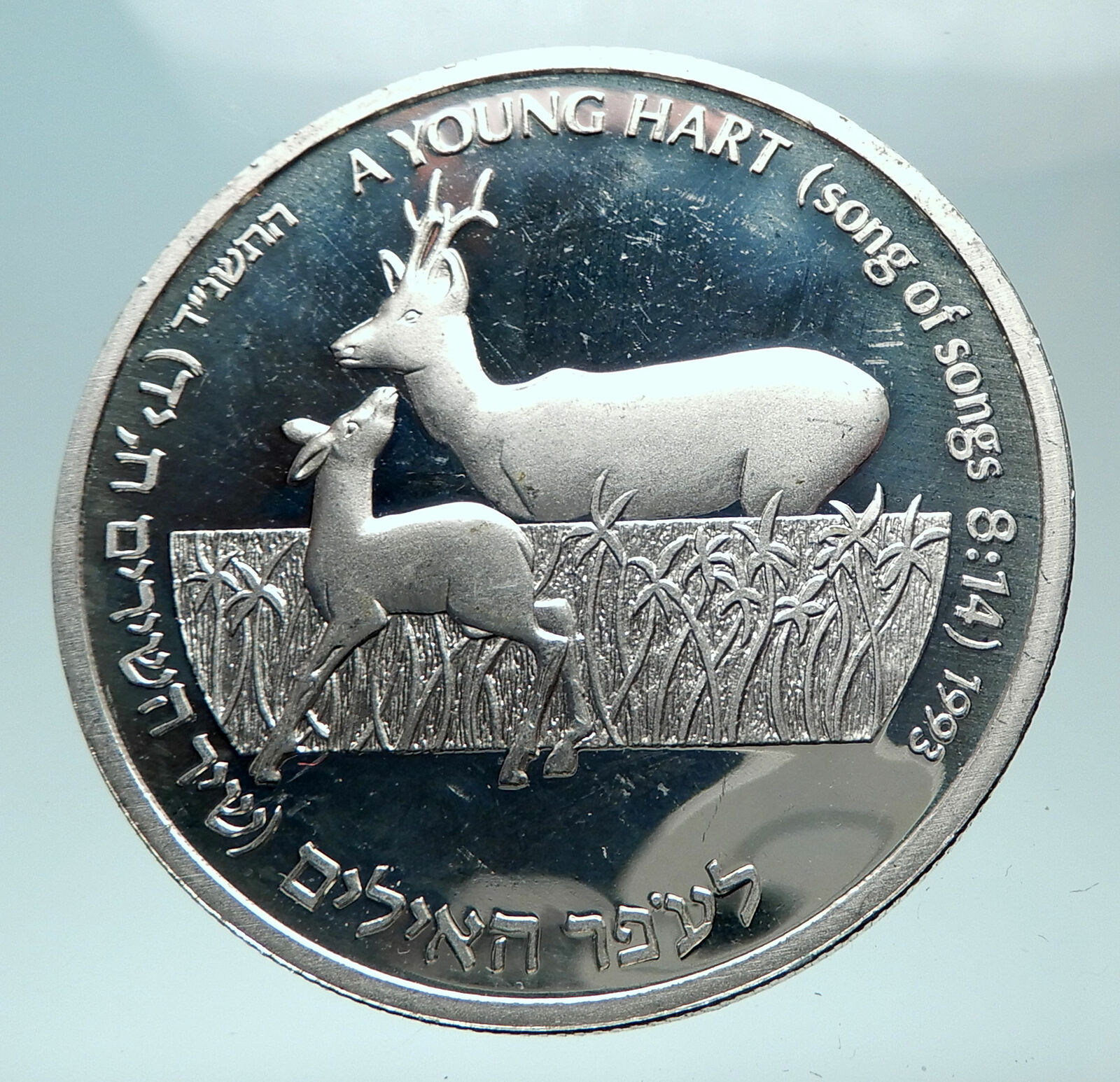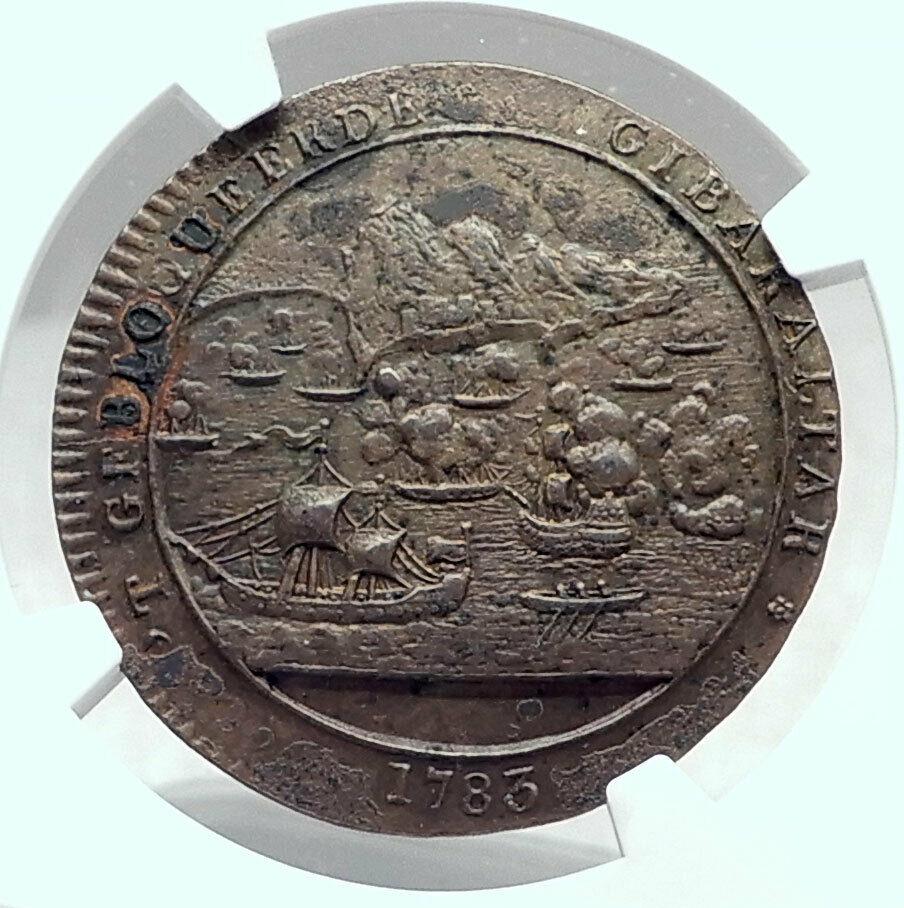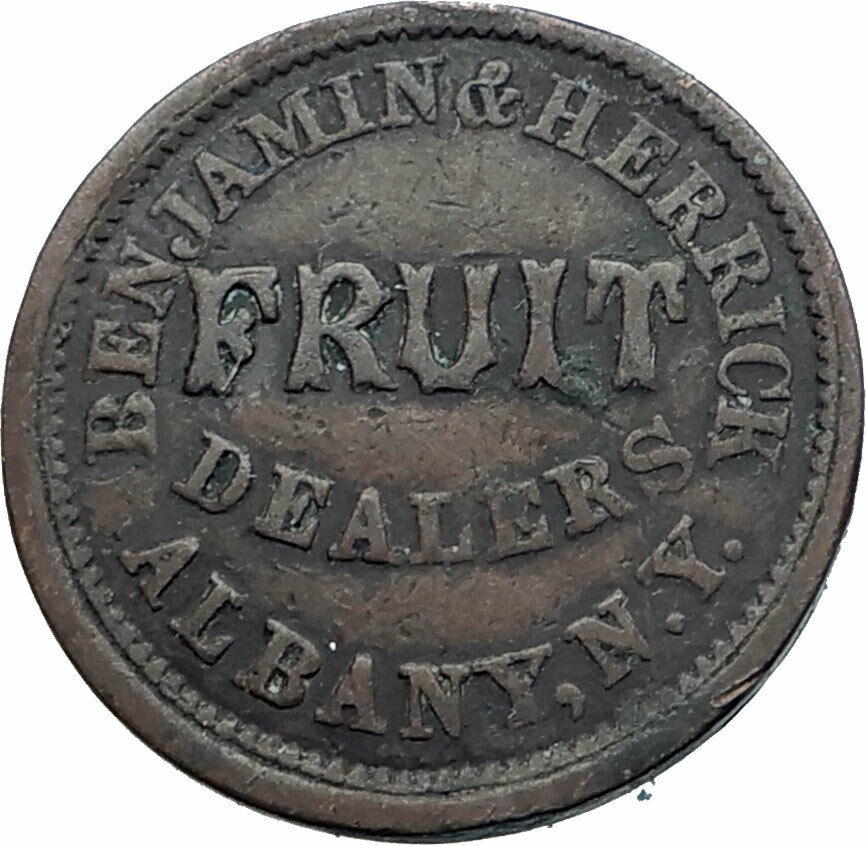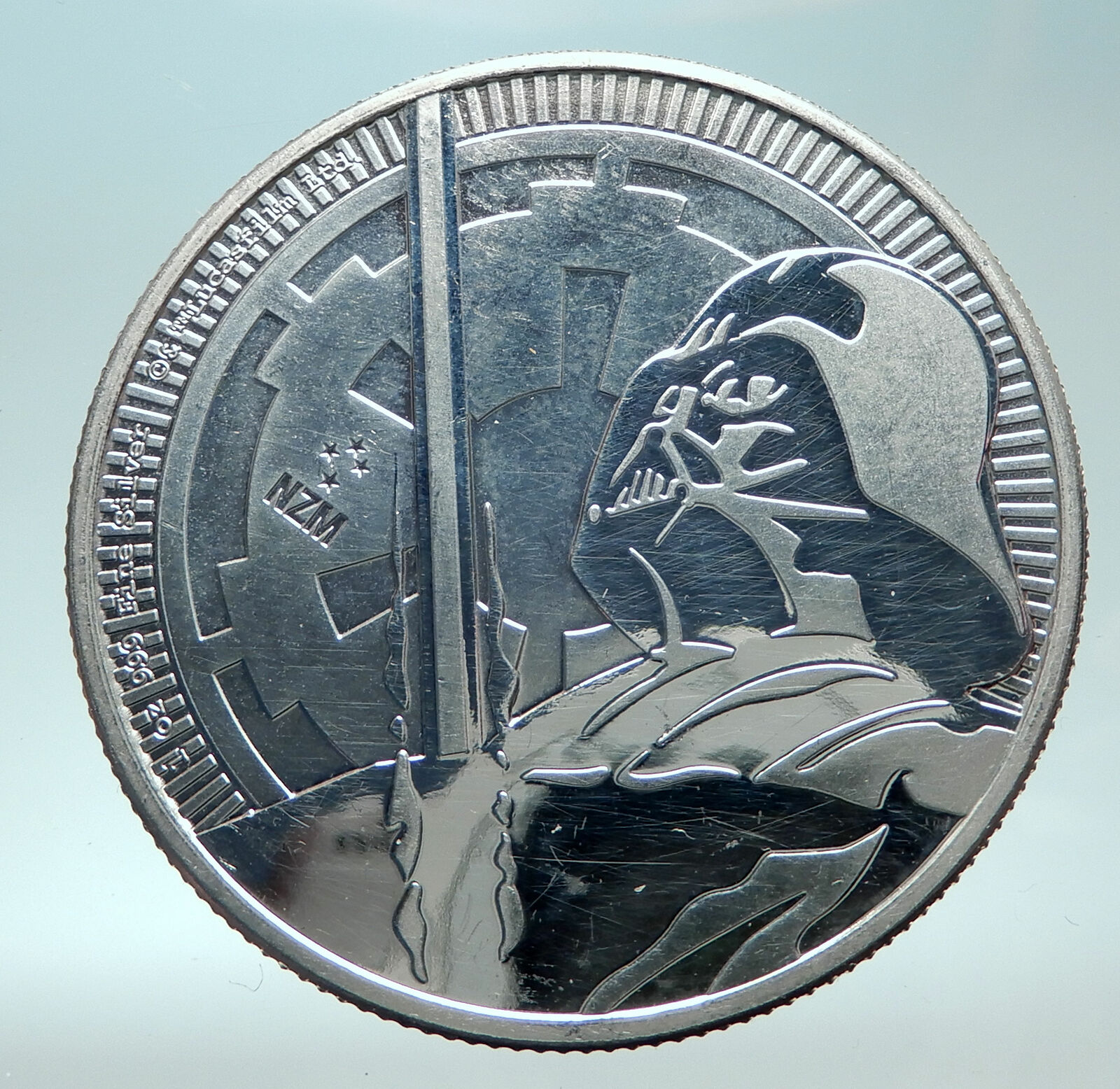|
United States of America
Benjamin Franklin & Winton M. Blount – Postal Service
1971 Proof Silver Medal 39mm (27.06 grams) Sterling Silver
BENJAMIN FRANKLIN WINTON M. BLOUNT, Benjamin and Winton facing left.
POST OFFICE DEPARTMENT UNITED STATES OF AMERICA UNITED STATES POSTAL SERVICE U.S. MAIL, Logos of USPS, Signatures of Franklin and Blount above and below.
Edge Lettering:
STERLING
You are bidding on the exact item pictured, provided with a Certificate of Authenticity and Lifetime Guarantee of Authenticity.
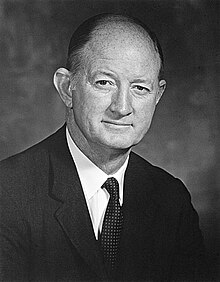 Winton Malcolm Blount Jr., known as Red Blount (February 1, 1921 – October 24, 2002), was the United States Postmaster General from January 22, 1969, to January 1, 1972. He founded and served as the chief executive officer of the large construction company, Blount International, based in Montgomery, Alabama. Winton Malcolm Blount Jr., known as Red Blount (February 1, 1921 – October 24, 2002), was the United States Postmaster General from January 22, 1969, to January 1, 1972. He founded and served as the chief executive officer of the large construction company, Blount International, based in Montgomery, Alabama.
Blount was the last Postmaster General when the position was within the presidential Cabinet.
Born in Union Springs, Alabama, Blount served in the United States Army Air Forces during World War II, having trained as a B-29 pilot. However, the war ended before his training was completed. Blount’s first name was spelled with a “y” on his birth certificate, but he used Winton as an adult in his business dealings to avoid having to explain the unusual spelling.[1]
In 1946, Blount and his brother William Houston Blount started a building contractor company, Blount Brothers. The company worked on such construction projects as the First Avenue Viaduct in Birmingham, the Louisiana Superdome in New Orleans, and Cape Canaveral’s Complex 39A which launched Apollo 11 in Florida.
In 1952, Blount was appointed the Alabama Chairman of Citizens for Eisenhower, then in 1960 Southeastern Campaign Chairman for Richard M. Nixon’s unsuccessful presidential campaign against John F. Kennedy. In 1961, Blount was elected President of the Alabama Chamber of Commerce; in 1968, President of the United States Chamber of Commerce.
In 1964, Blount was appointed by U.S. President Lyndon B. Johnson to the National Citizens Committee for Community Relations to advise the White House on the enforcement of the new Civil Rights Act of 1964 even though Blount had expressed doubts about the new law.
In 1969, Blount was appointed as the Postmaster General by U.S. President Richard Nixon, and he supervised the transition in 1971 of the U.S. Post Office Department from a Cabinet-level department of the U.S. government to a special independent executive agency. He was thus the last Cabinet-level Postmaster General, and he served as the first director of the new U.S. Postal Service. Blount’s assistant Postmaster General was James M. Henderson, an advertising executive from Greenville, South Carolina, who was the unsuccessful Republican candidate for Lieutenant Governor of South Carolina in 1970. Henderson persuaded the National Aeronautics and Space Administration and the Apollo 11 astronauts to photograph the Moon for an image on a postage stamp. More than 140 million moon stamps were sold.[2]
In 1971, Blount’s profile was depicted alongside that of Benjamin Franklin’s on the face of a silver proof coin commemorating the inauguration of the new Postal Service. The commemorative coin was offered in a carrier with one stamp bearing a Philadelphia postmark from the old Post Office, and another from Washington D.C., placed by the new Postal Service.
 Benjamin Franklin (January 17, 1706 [O.S. January 6, 1705] – April 17, 1790) was an American polymath and one of the Founding Fathers of the United States. Franklin was a leading author, printer, political theorist, politician, freemason, postmaster, scientist, inventor, humorist, civic activist, statesman, and diplomat. As a scientist, he was a major figure in the American Enlightenment and the history of physics for his discoveries and theories regarding electricity. As an inventor, he is known for the lightning rod, bifocals, and the Franklin stove, among other inventions. He founded many civic organizations, including Philadelphia’s fire department and the University of Pennsylvania. Benjamin Franklin (January 17, 1706 [O.S. January 6, 1705] – April 17, 1790) was an American polymath and one of the Founding Fathers of the United States. Franklin was a leading author, printer, political theorist, politician, freemason, postmaster, scientist, inventor, humorist, civic activist, statesman, and diplomat. As a scientist, he was a major figure in the American Enlightenment and the history of physics for his discoveries and theories regarding electricity. As an inventor, he is known for the lightning rod, bifocals, and the Franklin stove, among other inventions. He founded many civic organizations, including Philadelphia’s fire department and the University of Pennsylvania.
Franklin earned the title of “The First American” for his early and indefatigable campaigning for colonial unity, initially as an author and spokesman in London for several colonies. As the first United States Ambassador to France, he exemplified the emerging American nation. Franklin was foundational in defining the American ethos as a marriage of the practical values of thrift, hard work, education, community spirit, self-governing institutions, and opposition to authoritarianism both political and religious, with the scientific and tolerant values of the Enlightenment. In the words of historian Henry Steele Commager, “In a Franklin could be merged the virtues of Puritanism without its defects, the illumination of the Enlightenment without its heat.” To Walter Isaacson, this makes Franklin “the most accomplished American of his age and the most influential in inventing the type of society America would become.”
Franklin became a successful newspaper editor and printer in Philadelphia, the leading city in the colonies, publishing the Pennsylvania Gazette at the age of 23. He became wealthy publishing this and Poor Richard’s Almanack, which he authored under the pseudonym “Richard Saunders”. After 1767, he was associated with the Pennsylvania Chronicle, a newspaper that was known for its revolutionary sentiments and criticisms of British policies.
He pioneered and was first president of Academy and College of Philadelphia which opened in 1751 and later became the University of Pennsylvania. He organized and was the first secretary of the American Philosophical Society and was elected president in 1769. Franklin became a national hero in America as an agent for several colonies when he spearheaded an effort in London to have the Parliament of Great Britain repeal the unpopular Stamp Act. An accomplished diplomat, he was widely admired among the French as American minister to Paris and was a major figure in the development of positive Franco-American relations. His efforts proved vital for the American Revolution in securing shipments of crucial munitions from France.
He was promoted to deputy postmaster-general for the British colonies in 1753, having been Philadelphia postmaster for many years, and this enabled him to set up the first national communications network. During the revolution, he became the first United States Postmaster General. He was active in community affairs and colonial and state politics, as well as national and international affairs. From 1785 to 1788, he served as governor of Pennsylvania. He initially owned and dealt in slaves but, by the 1750s, he argued against slavery from an economic perspective and became one of the most prominent abolitionists.
His colorful life and legacy of scientific and political achievement, and his status as one of America’s most influential Founding Fathers, have seen Franklin honored more than two centuries after his death on coinage and the $100 bill, warships, and the names of many towns, counties, educational institutions, and corporations, as well as countless cultural references.
|





 Winton Malcolm Blount Jr., known as Red Blount (February 1, 1921 – October 24, 2002), was the United States Postmaster General from January 22, 1969, to January 1, 1972. He founded and served as the chief executive officer of the large construction company, Blount International, based in Montgomery, Alabama.
Winton Malcolm Blount Jr., known as Red Blount (February 1, 1921 – October 24, 2002), was the United States Postmaster General from January 22, 1969, to January 1, 1972. He founded and served as the chief executive officer of the large construction company, Blount International, based in Montgomery, Alabama. Benjamin Franklin (January 17, 1706 [O.S. January 6, 1705] – April 17, 1790) was an American polymath and one of the Founding Fathers of the United States. Franklin was a leading author, printer, political theorist, politician, freemason, postmaster, scientist, inventor, humorist, civic activist, statesman, and diplomat. As a scientist, he was a major figure in the American Enlightenment and the history of physics for his discoveries and theories regarding electricity. As an inventor, he is known for the lightning rod, bifocals, and the Franklin stove, among other inventions. He founded many civic organizations, including Philadelphia’s fire department and the University of Pennsylvania.
Benjamin Franklin (January 17, 1706 [O.S. January 6, 1705] – April 17, 1790) was an American polymath and one of the Founding Fathers of the United States. Franklin was a leading author, printer, political theorist, politician, freemason, postmaster, scientist, inventor, humorist, civic activist, statesman, and diplomat. As a scientist, he was a major figure in the American Enlightenment and the history of physics for his discoveries and theories regarding electricity. As an inventor, he is known for the lightning rod, bifocals, and the Franklin stove, among other inventions. He founded many civic organizations, including Philadelphia’s fire department and the University of Pennsylvania. 

